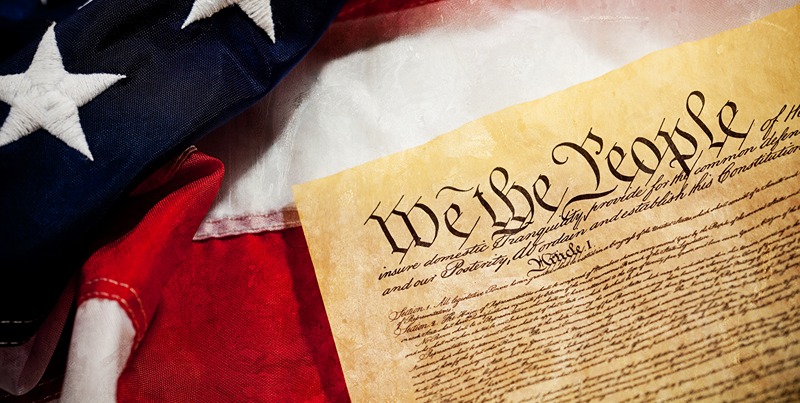
The Importance of the 4th, 5th, and 6th Amendments in Criminal Protections
Introduction
The United States Constitution is the foundation upon which all other laws are built. The Constitution provides the framework for the U.S. government and outlines the rights and protections afforded to American citizens. Among these protections are the 4th, 5th, and 6th Amendments, which provide legal protections to those who may be accused of a crime. In this article, we will discuss the importance of the 4th, 5th, and 6th Amendments in criminal protections.
What is the 4th Amendment?
The 4th Amendment protects citizens from unreasonable searches and seizures by government officials. This means that law enforcement officers cannot enter a person's home without a warrant or probable cause. Additionally, evidence obtained during an illegal search cannot be used against a defendant in court. The 4th Amendment is essential in protecting citizens' privacy and preventing government officials from abusing their power.
The Role of the 5th Amendment
The 5th Amendment provides several protections to citizens who may be accused of a crime. The most well-known protection is the right to remain silent and protection against self-incrimination. This means that a defendant cannot be forced to testify against themselves in court. Additionally, the 5th Amendment guarantees that individuals cannot be tried for the same crime twice, also known as double jeopardy. The 5th Amendment's protection against self-incrimination is a fundamental component of the U.S. criminal justice system and ensures individuals are not forced to confess to crimes they did not commit.
The Importance of the 6th Amendment
The 6th Amendment guarantees an individual's right to a speedy and public trial by an impartial jury. Additionally, the 6th Amendment provides the right to confront witnesses who may be testifying against them and the right to have legal representation. These protections ensure that every defendant is granted a fair trial and that their rights are protected throughout the legal process.
The Exclusionary Rule and Fruit of the Poisonous Tree Doctrine
The exclusionary rule and fruit of the poisonous tree doctrine are important legal doctrines that reinforce the protections provided by the 4th Amendment. The exclusionary rule prohibits the use of evidence obtained during an illegal search in court. This means if law enforcement violates an individual's constitutional rights, any evidence obtained during that search cannot be used to prove guilt. Similarly, the fruit of the poisonous tree doctrine prevents law enforcement from using any evidence obtained as a result of an illegal search. These doctrines incentivize law enforcement to adhere to the constitutional rights of citizens and prevent them from exploiting their power.
Miranda Rights and the 5th Amendment
In 1966, the Supreme Court decision in Miranda v. Arizona established that law enforcement officials must inform individuals of their rights before interrogations. These rights are commonly known as Miranda rights and include the right to remain silent and the right to legal representation. Law enforcement officers must inform individuals of their Miranda rights before any custodial interrogation. This ensures that individuals are fully aware of their rights under the 5th Amendment before making any potentially incriminating statements.
The Importance of Criminal Protections in the Constitution
The 4th, 5th, and 6th Amendments are critical components of the U.S. justice system. These amendments ensure that individuals are protected from unreasonable searches and seizures, forced confessions, and unfair trials. The protections provided by the Constitution are essential to maintaining a just and fair legal system and preserving the individual rights of American citizens.
Conclusion
The protections provided by the Constitution, specifically the 4th, 5th, and 6th Amendments, are crucial to ensuring a fair and just U.S. criminal justice system. Understanding these protections and how they function is essential for anyone accused of a crime. By being knowledgeable about their constitutional rights, individuals can ensure that they receive the due process guaranteed to them by the U.S. Constitution.
To know more about the Criminal Protections in the Constitution, visit
Kolsrud Law Offices.


Social Plugin